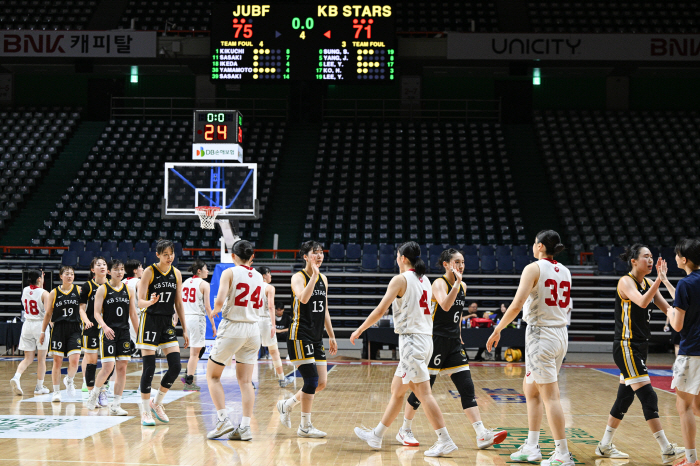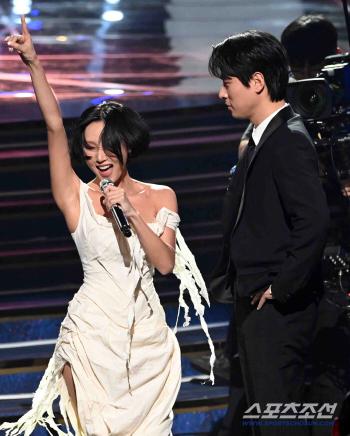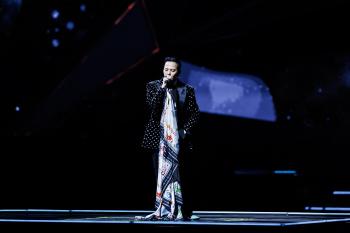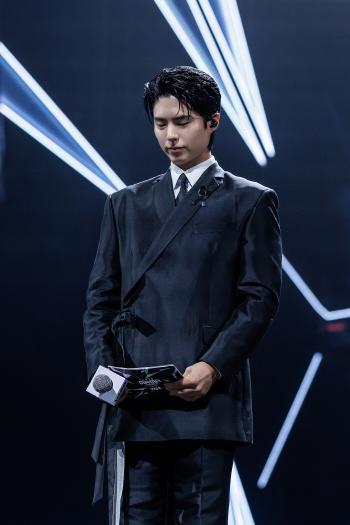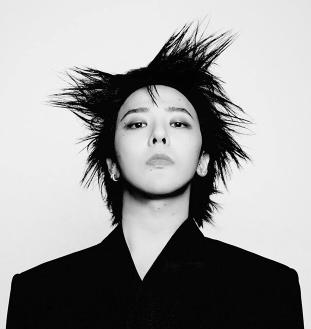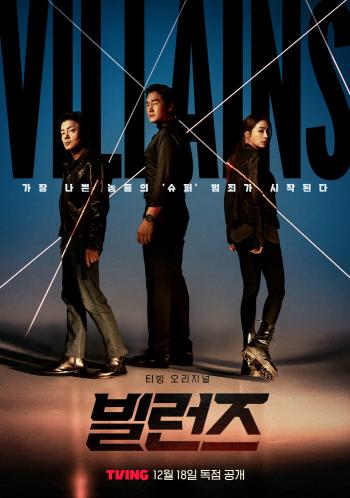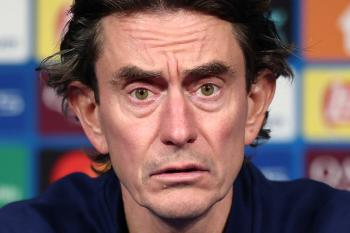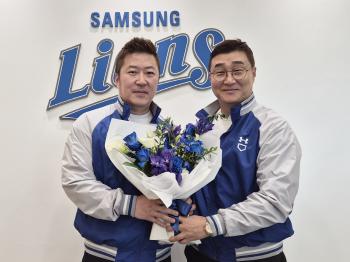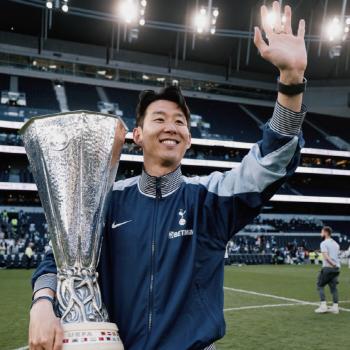The Futures League Final, which became a civil war for the Japanese team, was unfortunately profitable
Jul 10, 2025
|
In the Women's Professional Basketball Futures League, which has been upgraded to an international competition since this year, Japanese teams will eventually compete for the championship.
This is because South Korea's Samsung Life Insurance and KB Stars failed to advance to the finals as they lost to Japan's Tokyo Haneda Bikis and Japanese University Selection (JUBF), respectively, in the semifinals of the '2025 TicketLink WKBL Futures League' held at Sajik Indoor Gymnasium in Busan on the 9th. The professional team, Tokyo Haneda, and the amateur team, the Japanese University Selection Team, will face off in the final on the 10th.
In fact, it was predicted even before the competition began. Unlike last year's Futures League, where six WKBL candidates and rookie players competed, from this year, it became an international competition where two Japanese teams and a total of four national teams, including the Mongolian and Singaporean national teams, participated in the competition, so there were quite a few teams that had middle-aged and senior players.
However, as the national team was called up to participate in the Asian Cup amid the lack of players, and the U19 national team was also called up, the WKBL teams had only six to nine available resources, and fewer players were actually on the court as injured players came out during the tournament. In fact, in the semifinals, Samsung Life Insurance and KB Stars used only seven players.
On the other hand, Tokyo Haneda and Japanese university selection made proper use of the strategy of discharging the physical strength of the two Korean teams, using 11 players evenly. Considering the level of the Japanese team, which is hard to beat even if the best members face off, it can be said that 'he was a heavy enemy'.
There is certainly a regret that the Japanese team lost the final stage, but the income is by no means large. First of all, I saw and bumped into the skills of Japanese professionals and amateur players, who are difficult to meet except in off-season training or international competitions. A professional team official who visited the Futures League site said, `In the past, Japanese teams often came to Korea for off-season training, but most of the Korean teams are already leaving for Japan due to the difference in skills between the two countries. Even after the Japanese women's national team won a silver medal at the 2020 Tokyo Olympics, its status has risen further, and there are many cases where they rarely schedule games even if they go to off-season training. When I think about this, I even say, "It's a great opportunity."
On top of that, the Japanese team was clearly impressive in its serious attitude toward the game, with fast speed, pass, and organization based on solid basic skills. In the case of Japanese university selection, they were still amateur players and fought without an orthodox center, but the skills of the thick guards and forwards exceeded those of domestic professional teams.
Coach Mikiko Haneda Hagiwara of Tokyo and Toshinobu Sato of Japanese University Selection said, `Japan also has a decreasing population, but the population is still large and the player base is wide compared to Korea. The competition is quite severe, so it is a stimulus to improve your skills, and the urgency is greater." Lee Mi-sun, coach of Samsung Life Insurance, also said "In Korea, it is crucial that the number of players has decreased. In addition, exercise was a basic play in our time, but this is not the case for children these days. "In a situation where there is a level difference, the players must have felt a lot after directly hitting it."
Through the game against Japan, we were able to discover the characteristics and strengths of Korean basketball. The head coach of the two Japanese teams said, "Japan focuses on on on-the-ball defense, and the Korean team was impressive in its performance of effectively marking the ballless player. In addition, even if they are candidates, the completeness of the pressure defense to block the ball even before half-court seems to be considerable. He also had considerable ability to participate in offensive rebounding. We also need to learn from it."
Starting this year, WKBL announced that it will improve international competitiveness by hosting various international competitions and regular league games in the future. At the end of next month, the Park Shin-ja Cup will be held to compete with Japanese, Spanish and Hungarian teams.
This article was translated by Naver AI translator.
